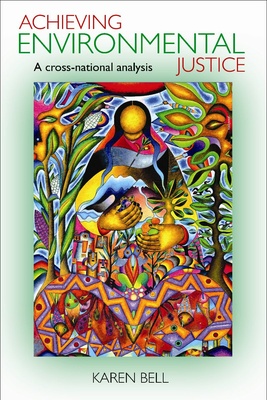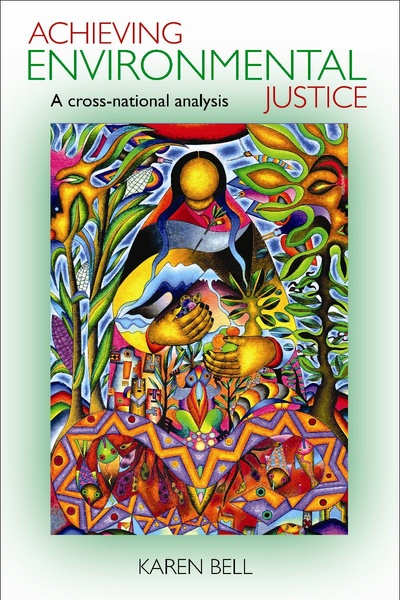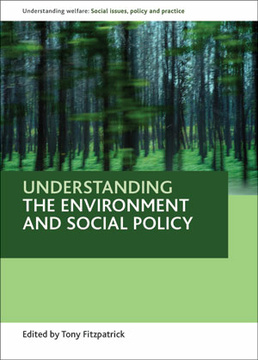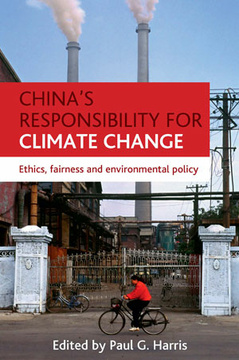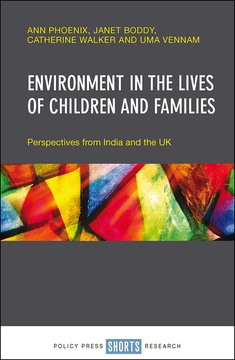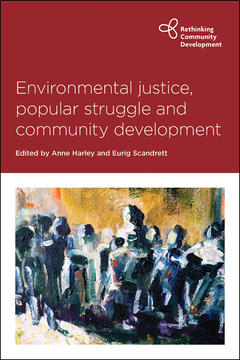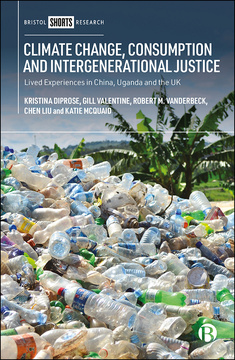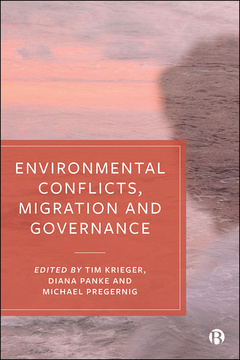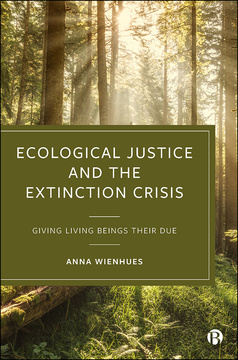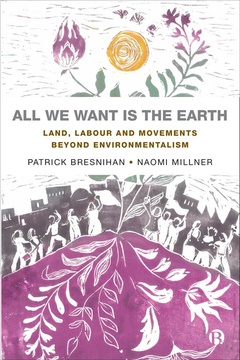Published
Apr 28, 2014Page count
320 pagesISBN
978-1447305941Dimensions
234 x 156 mmImprint
Policy PressPublished
Apr 28, 2014Page count
320 pagesISBN
978-1447323433Imprint
Policy PressPublished
Apr 28, 2014Page count
320 pagesISBN
978-1447323440Imprint
Policy PressEnvironmental justice aspires to a healthy environment for all, as well as fair and inclusive processes of environmental decision-making. In order to develop successful strategies to achieve this, it is important to understand the factors that shape environmental justice outcomes. This optimistic, accessible and wide-ranging book contributes to this understanding by assessing the extent of, and reasons for, environmental justice/injustice in seven diverse countries - United States, Republic of Korea (South Korea), United Kingdom, Sweden, China, Bolivia and Cuba. Factors discussed include: race and class discrimination; citizen power; industrialisation processes; political-economic context; and the influence of dominant environmental discourses. In particular, the role of capitalism is critically explored. Based on over a hundred interviews with politicians, experts, activists and citizens of these countries, this is a compelling analysis aimed at all academics, policy-makers and campaigners who are engaged in thinking or action to address the most urgent environmental and social issues of our time.
"The range of this book is both breathtaking and unique. Karen Bell analyses data from seven very different countries, and points an unerring finger at capitalism as the principal cause of environmental injustice. If ever there was a fundamental point of reference, this is it." Andrew Dobson, Professor of Politics, Keele University, UK
"A revealing snapshot of current local and global environmental justice issues in a variety of countries, a valuable contribution to what Gordon Walker called the “international travelling of the environmental justice frame." LSE Review of Books blog
“Achieving Environmental Justice is an important read for anyone wishing to develop a more critical analysis of the anti-ecological logic of global capitalism and the need for EJ movements around the world to embrace a politics of substantive environmental justice.” Dr. Daniel Faber, Director of the Northeastern Environmental Justice Research Collaborative, Northeastern University, US
“From Bolivia to the US, Karen Bell provides an impressive tour de force of the struggles of environmental justice movements.” Professor Peter Newell, Director of the Centre for Global Political Economy, University of Sussex, UK
Karen Bell is a Research Associate at the Centre for the Study of Poverty and Social Justice at the School for Policy Studies, University of Bristol. Her research and teaching interests include the social impacts of environmental policy; participatory democracy; race, class and disability equality; and natural health care. She was formerly a community development worker for many years, working alongside disadvantaged communities to collectively address a range of social and environmental issues.
Introduction: fighting for humanity;
The concept and measurement of environmental justice;
The causes of environmental injustice;
'Killing yourself is no way to make a living': environmental justice in the United States;
'The world has been deceived': environmental justice in the Republic of Korea (South Korea);
'Regulation means bad': environmental justice in the United Kingdom;
'We have always been close to nature': environmental justice in Sweden;
'The rich consume and the poor suffer the pollution': environmental justice in the People’s Republic of China;
'Recuperating all that we have lost and forgotten': environmental justice in the Plurinational State of Bolivia;
'Socialism creates a better opportunity': environmental justice in Cuba;
Achieving environmental justice.







